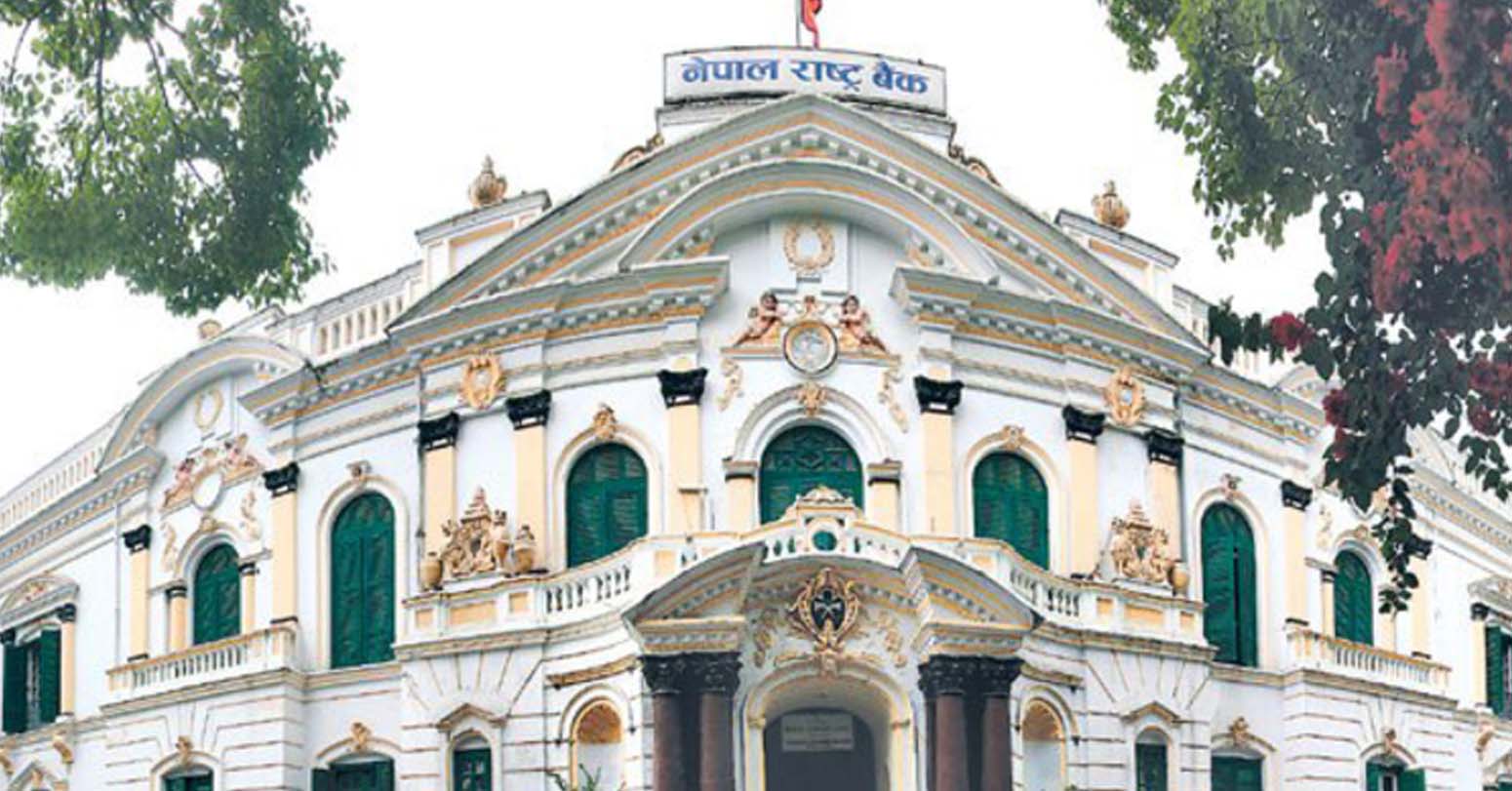
Nepal Rastra Bank (NRB) has unveiled the Monetary Policy for Fiscal Year 2024/25 today. Through this policy, the central bank of the country has slashed the bank rate and the deposit collection rate.
"The upper limit of the bank rate in the interest rate corridor has been maintained at 6.5 percent from 7 percent and the policy rate has been fixed at 5 percent from 5.5 percent," said the NRB Governor Maha Prasad Adhikari, while unveiling the Policy.
However, the deposit collection rate that remains as the lower limit of the interest rate corridor has been kept unchanged at 3 percent. The provision of providing permanent liquidity facility in the bank rate has been continued and the conditions for making the liquidity available shall be made flexible, the NRB stated.
Similarly, the existing provision related to the compulsory cash ratio and authorized liquidity ratio that the banks and financial institutions have to retain has been continued.
Making public the Monetary Policy for Fiscal Year 2024/25, Governor Adhikari said the monetary policy has been cautiously oriented towards flexibility in order to make the economy vibrant keeping in view the ease of price and the status of external sector.
Similarly, the policy has emphasized on improving the loan flow and the quality of loans towards the productive sector. A regulatory system has been formulated to maintain fiscal stability.
Policy eases managing capital fund stress
The Monetary Policy has brought some flexible provisions for managing the pressure on bank and financial institutions' capital fund. For this, the NRB has adopted the policy of encouraging the use of capital fund instruments and new instruments.
The provision of existing 1.20 percent credit loss that has to be made on good loan has been reduced and maintained at 1.10 percent. Similarly, the NRB stated that the provision related to the risk weightage carried out on purchase and sale of borrowings shall be reviewed.
It is stated that the existing limit of the Regulatory Retail Portfolio (RRP) has been increased from Rs 20 million to maximum Rs 25 million.
Provision has been made in which the banks and financial institutions, while calculating the 'tier-2 capital', can calculate the appropriate 'reserve amount' in the regulatory reserve as tier-2 capital, remaining under the provision of the Capital Adequacy Framework-2015, in such manner that the total capital fund is not double that of the primary capital fund.


















Comprehensive Data Protection Law Critically
Gender Differences In Mental Healthcare
Messi Wins Best FIFA Men’s
Erosion of Democracy
Fly Dubai Catches Fire in
“Complexities of the South Asian